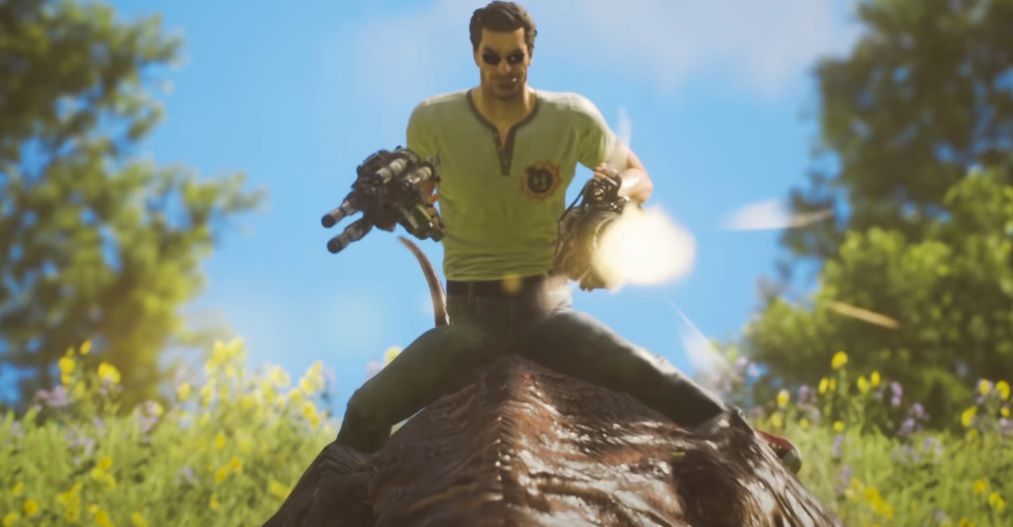

It is not something we are born with but rather something we take on in response to trauma. Shame is a manifestation of trauma as an identity.
#SERIOUS SAM 4 STUTTERING PROFESSIONAL#
Today I am able to use my experience with shame in a professional role as a pre-licensed therapist, and the healing work of meditation and yoga to guide others on the path to recovery from shame.Here are four things to know about shame in order to effectively begin the healing process: 1. After deciding, at age 28, that alcohol was shielding me from some serious healing work I wanted and needed, I started regular intensive group recovery work and embarked on a second Master’s degree in clinical psychology. I had the privilege of high-functioning and higher education coupled with finding fitness as a hobby to pull me through the years after college. On some level I always had the courage to keep asking for the willingness to see what else was possible. One thing that never left me was willingness.


My shame about what it meant to stutter, the physical reactions my body had endured over years of fight/flight/freeze and hyper vigilance, anticipation and low self-esteem in stark contrast to the high expectations of others, would follow me through college and into my twenties where I would discover that alcohol and other substances substantially numbed the feeling of failure as an identity that stuttering had imprinted on my psyche. Despite the arsenal of tools I acquired during the AIS intensive, the wounds left by shame would take many years to heal.Stuttering was a foreign concept to me, because I didn’t let myself audibly block. Because I was covert, I hid my stuttering at all costs. My parents knew I was struggling but also could not identify it. My stuttering was not externally pronounced, and I would rather have pretended to be less intelligent or less focused than I truly was, to feign ignorance just to get past the impossible moments of blocking than ask for help (that I had no evidence even the most well-meaning adults could give.)When I first stepped through the doors of AIS at age 15 I still didn’t have my own word for what was happening within me. As a PWS, you can imagine that this filled me with desperation and panic but because of my perfectionist leanings, asking not to participate never even crossed my mind.These were my first memories of helplessness that somehow, as PWS do, I endured. As a kid, I went to a private school from 4th to 8th grade, and part of the curriculum was that all students were required to give public speeches in front of the class, and possibly the school if their performance warranted.


 0 kommentar(er)
0 kommentar(er)
